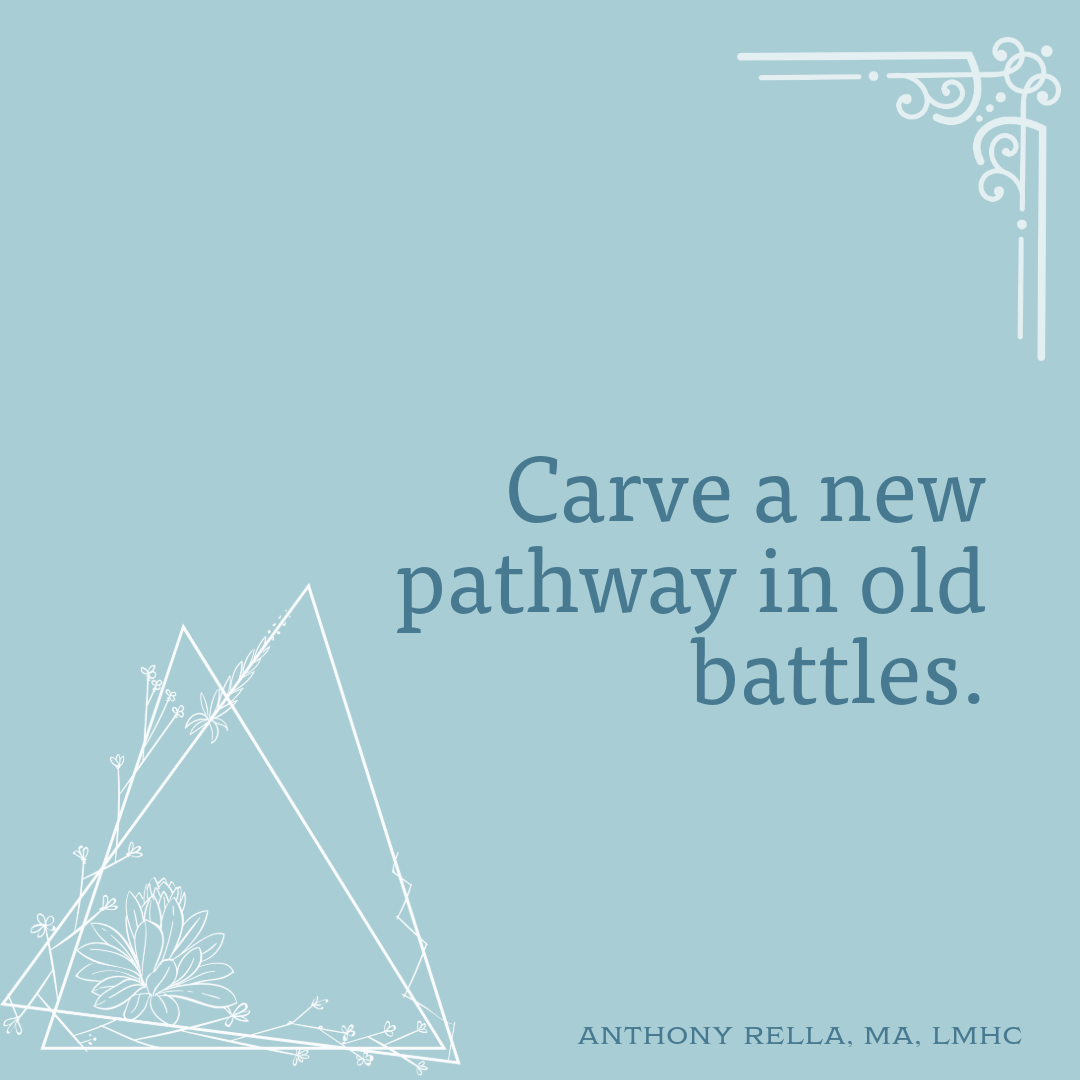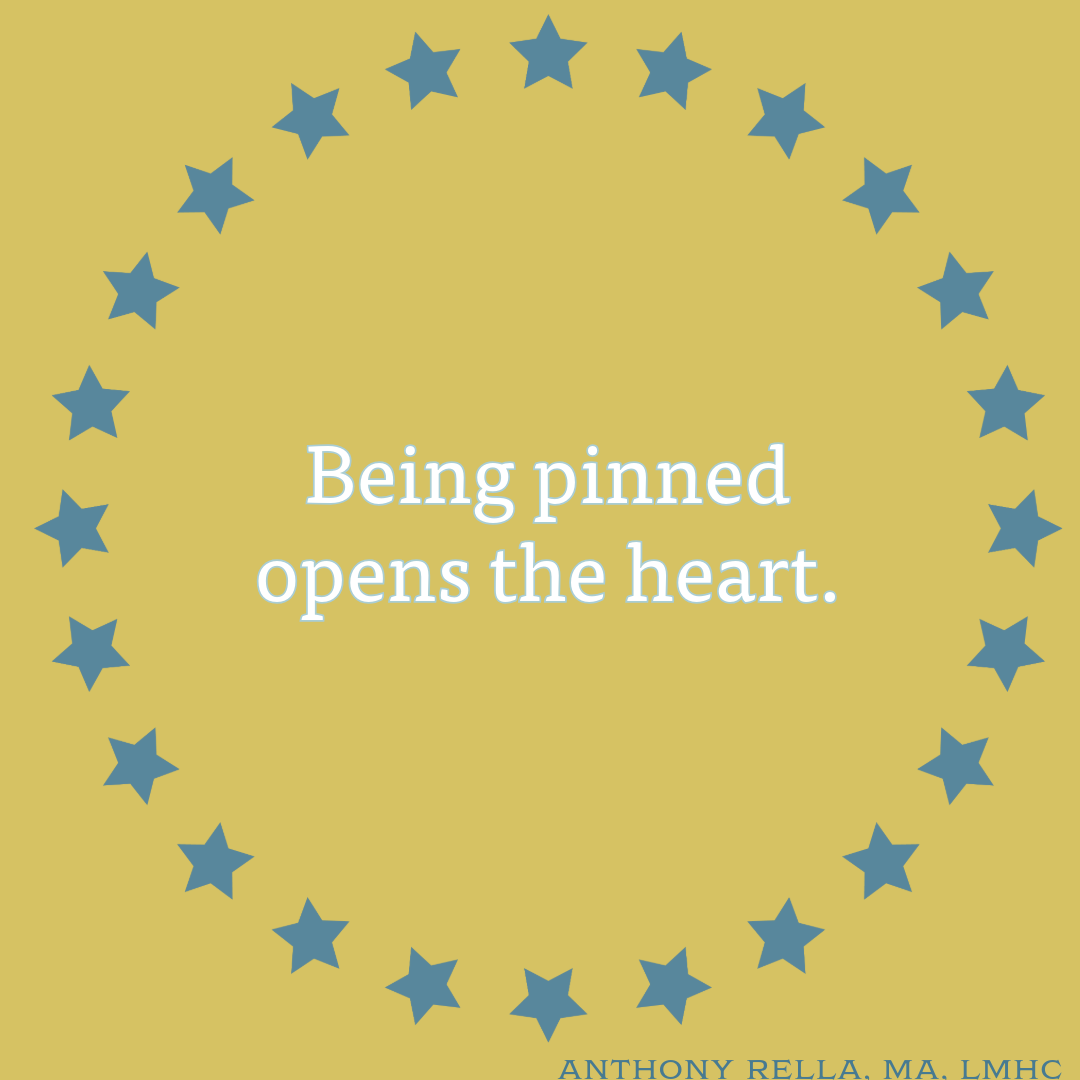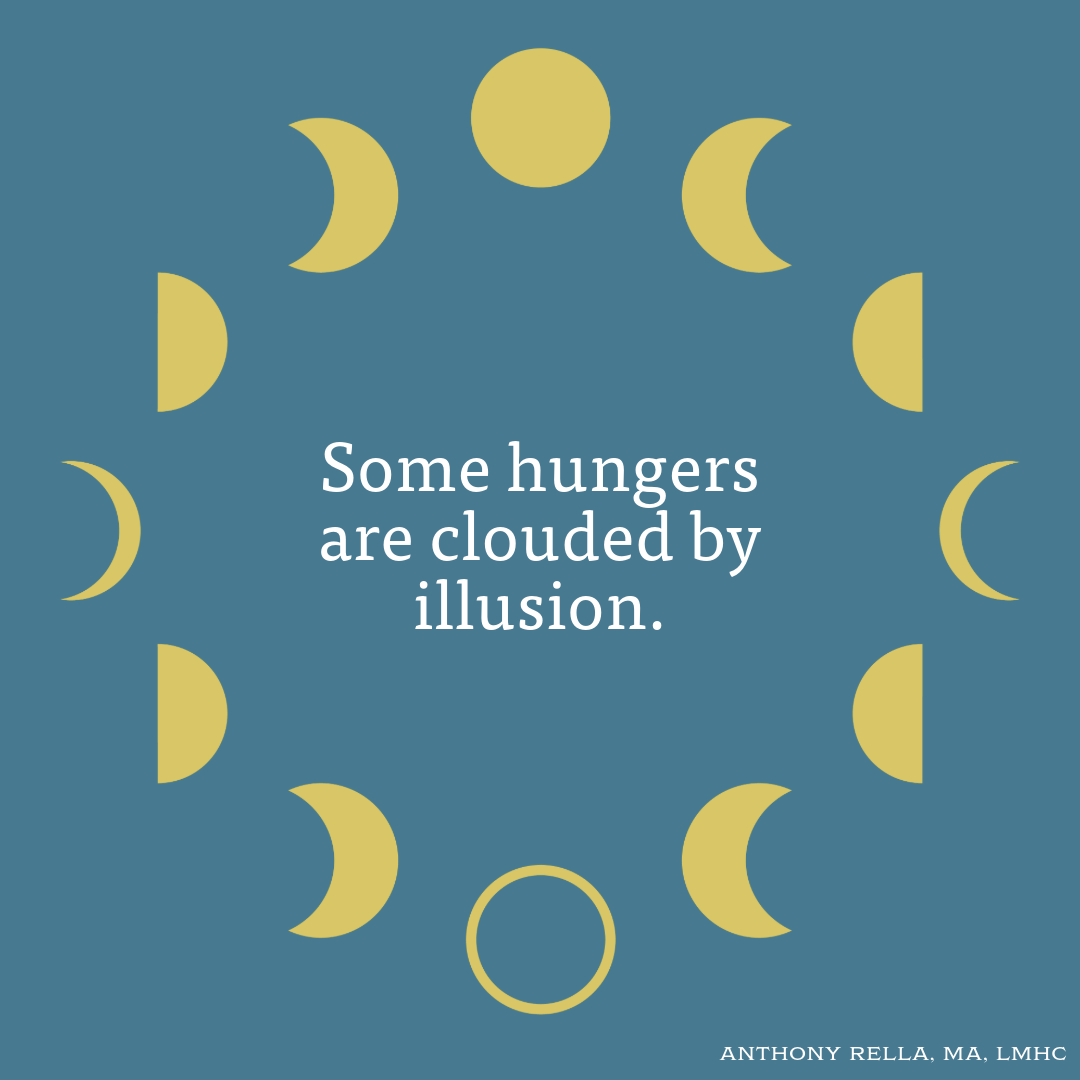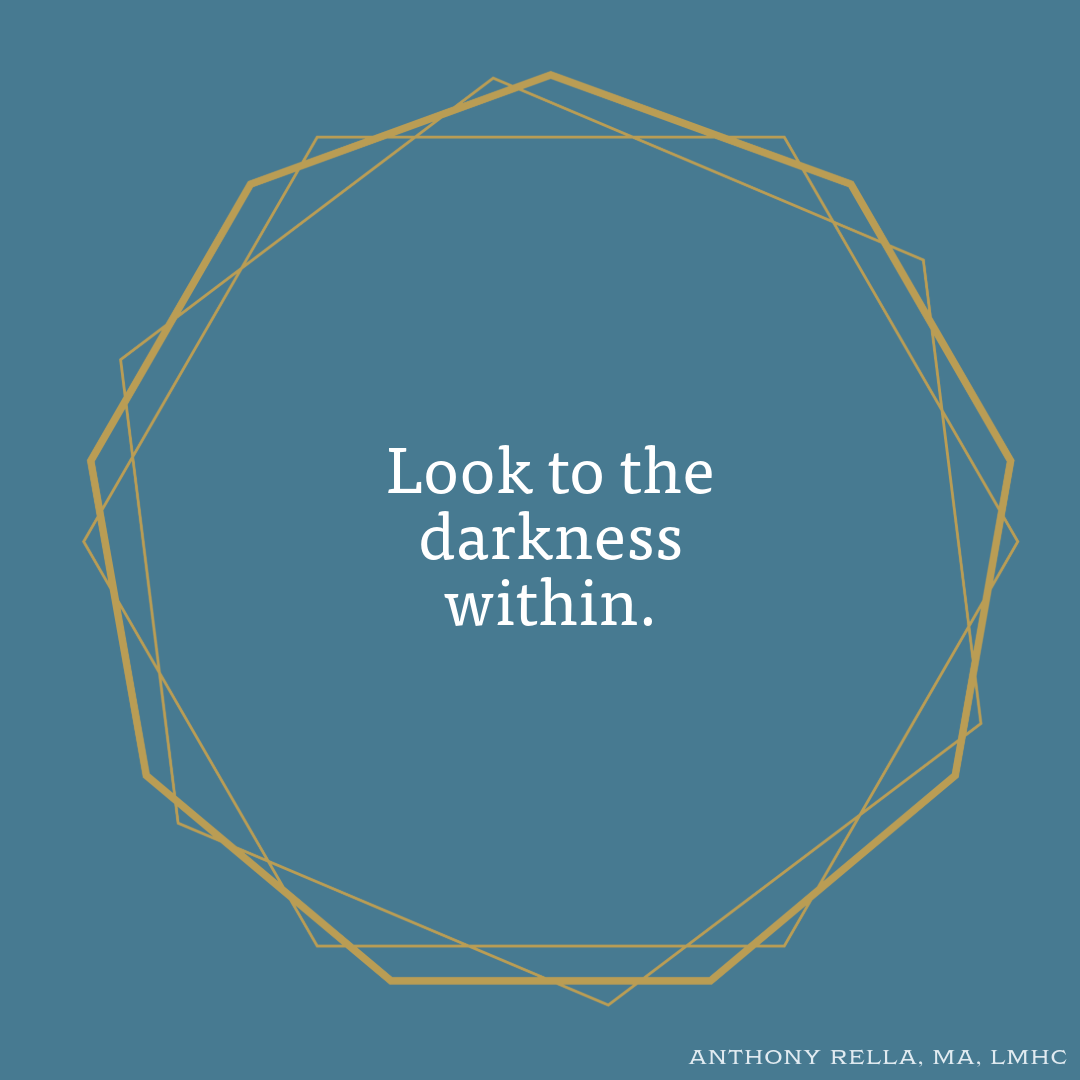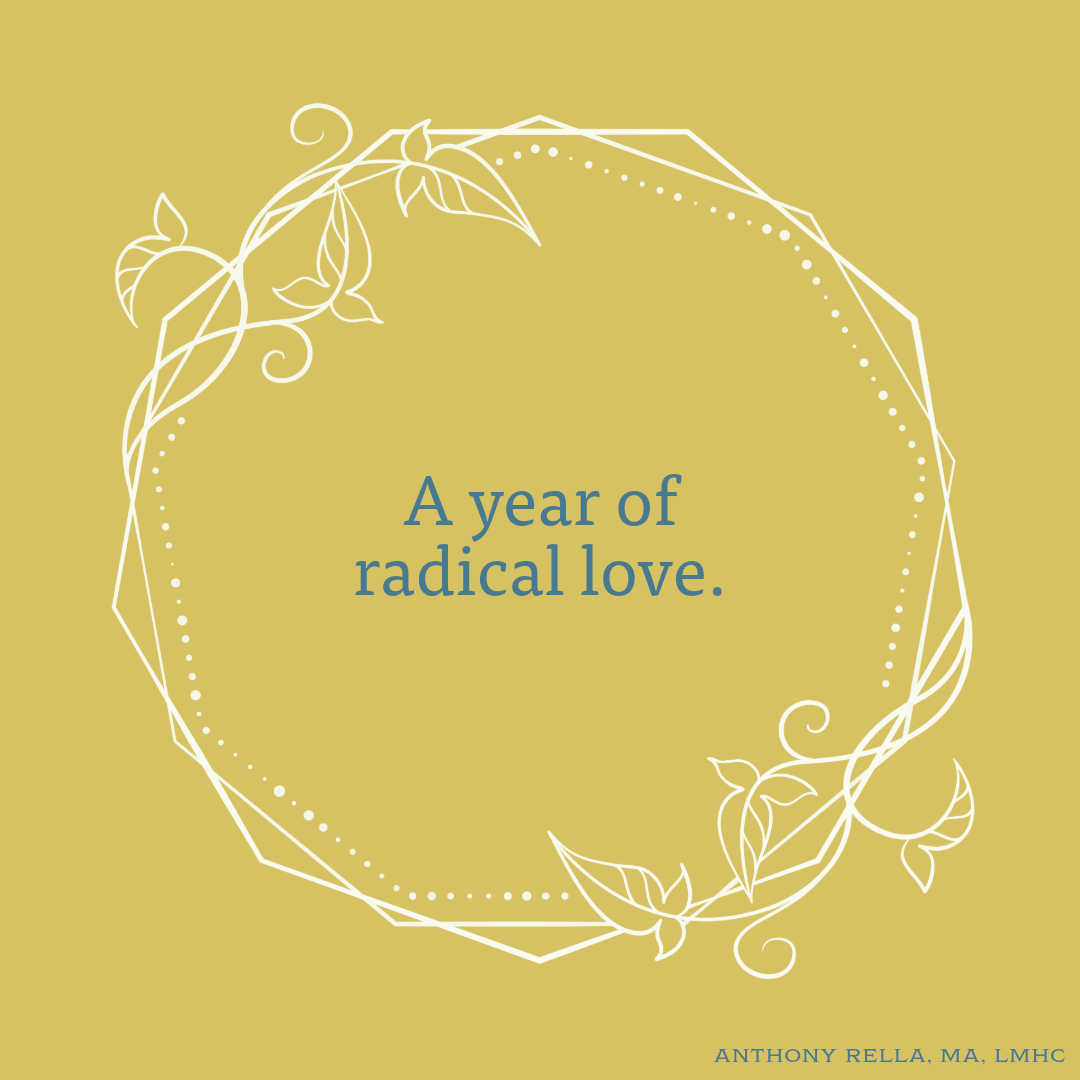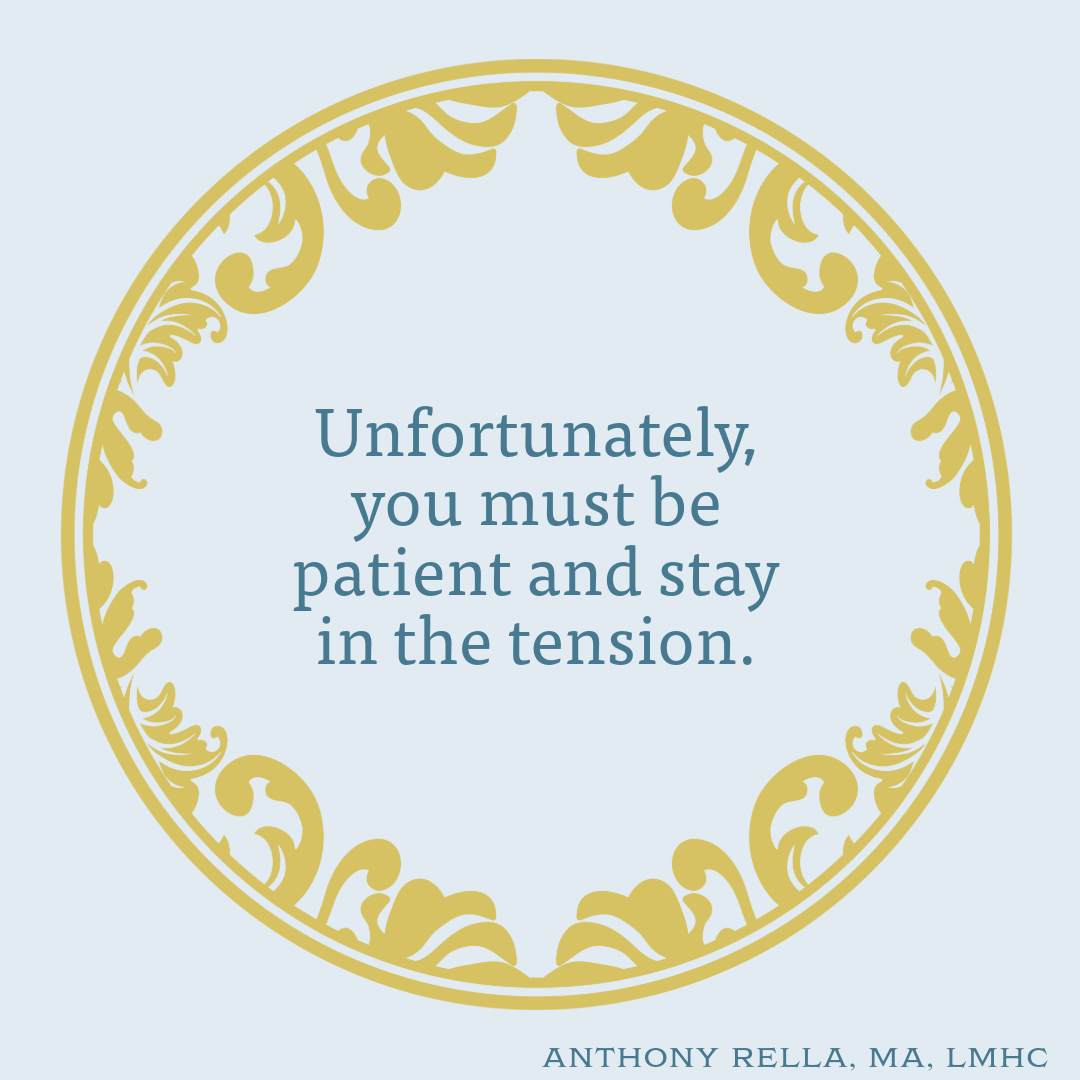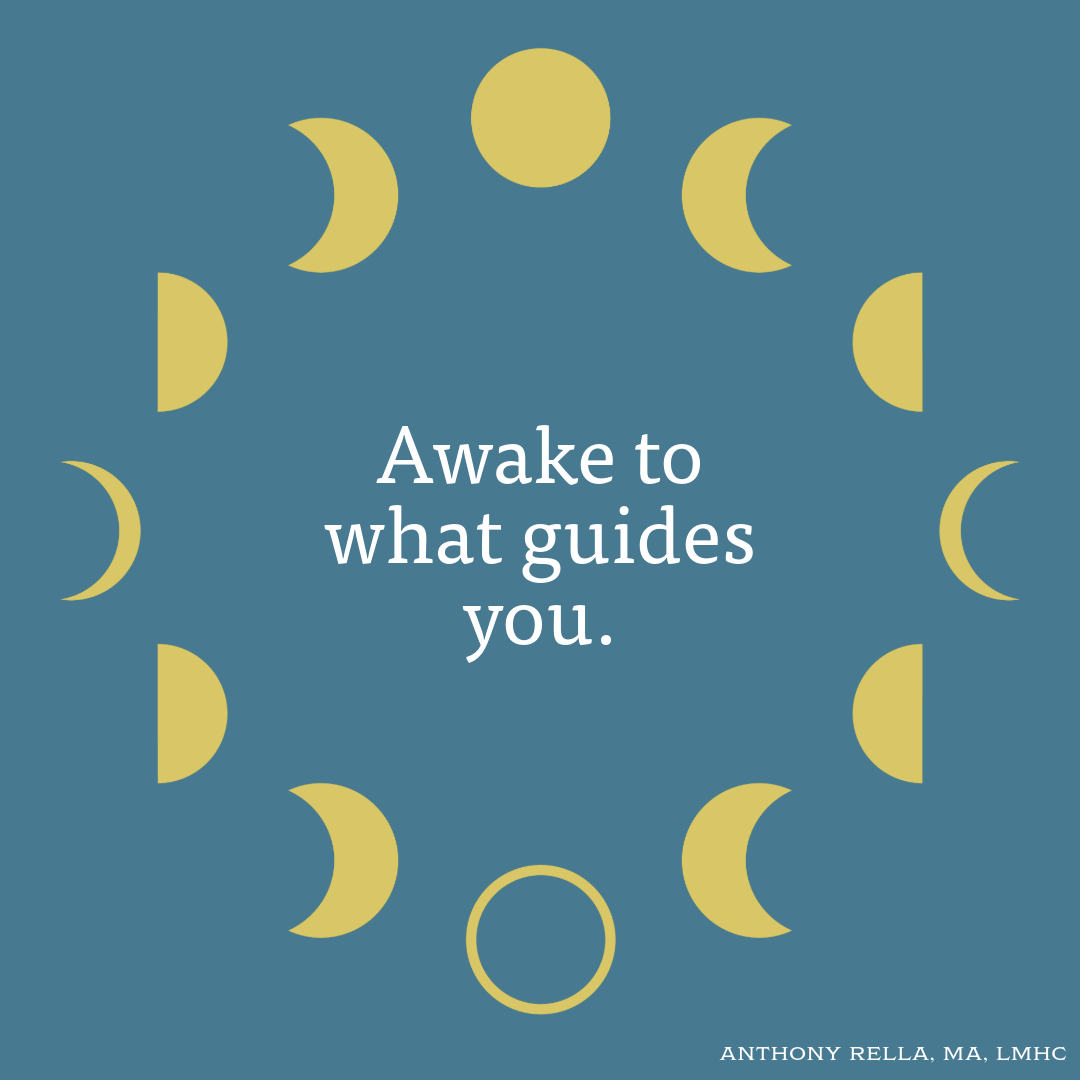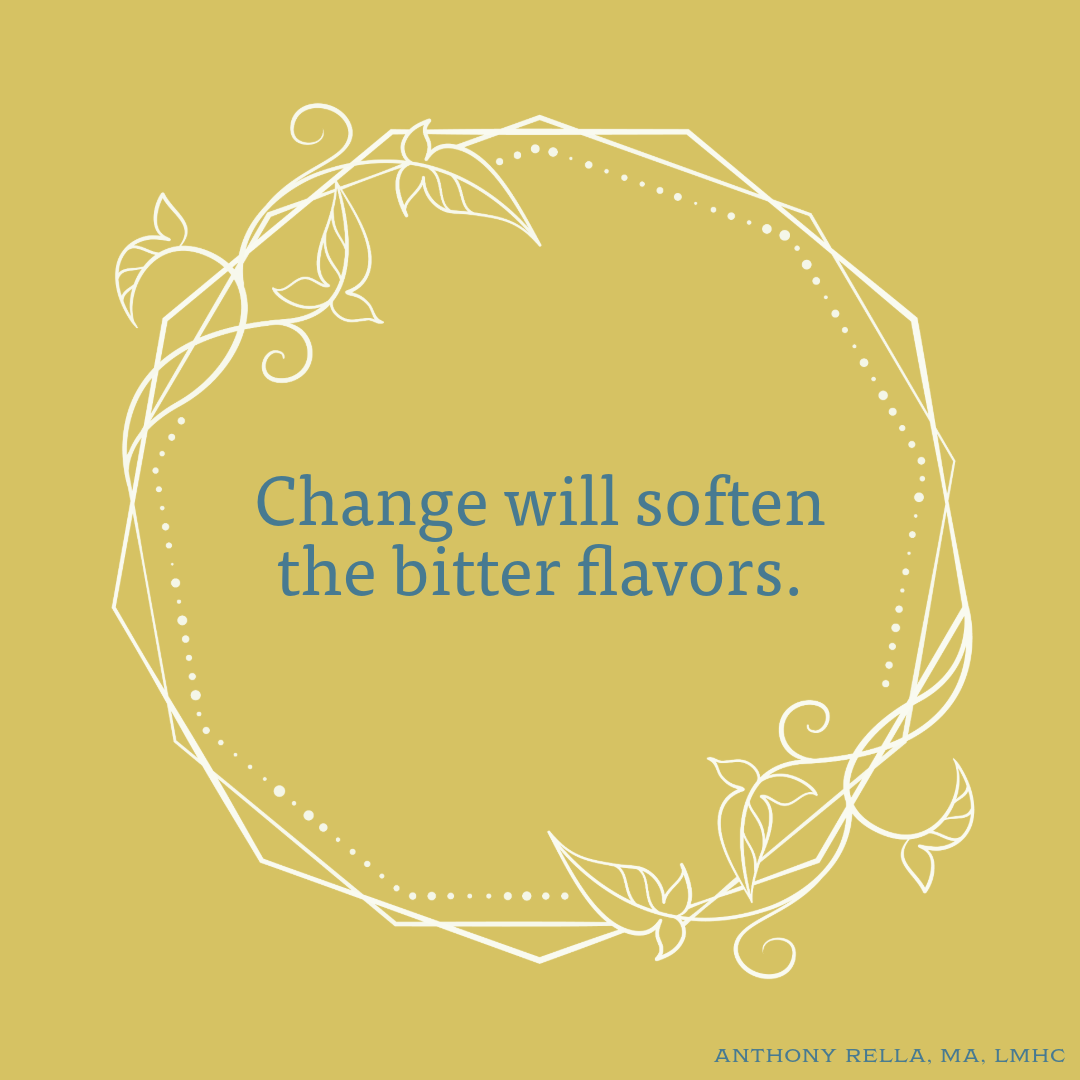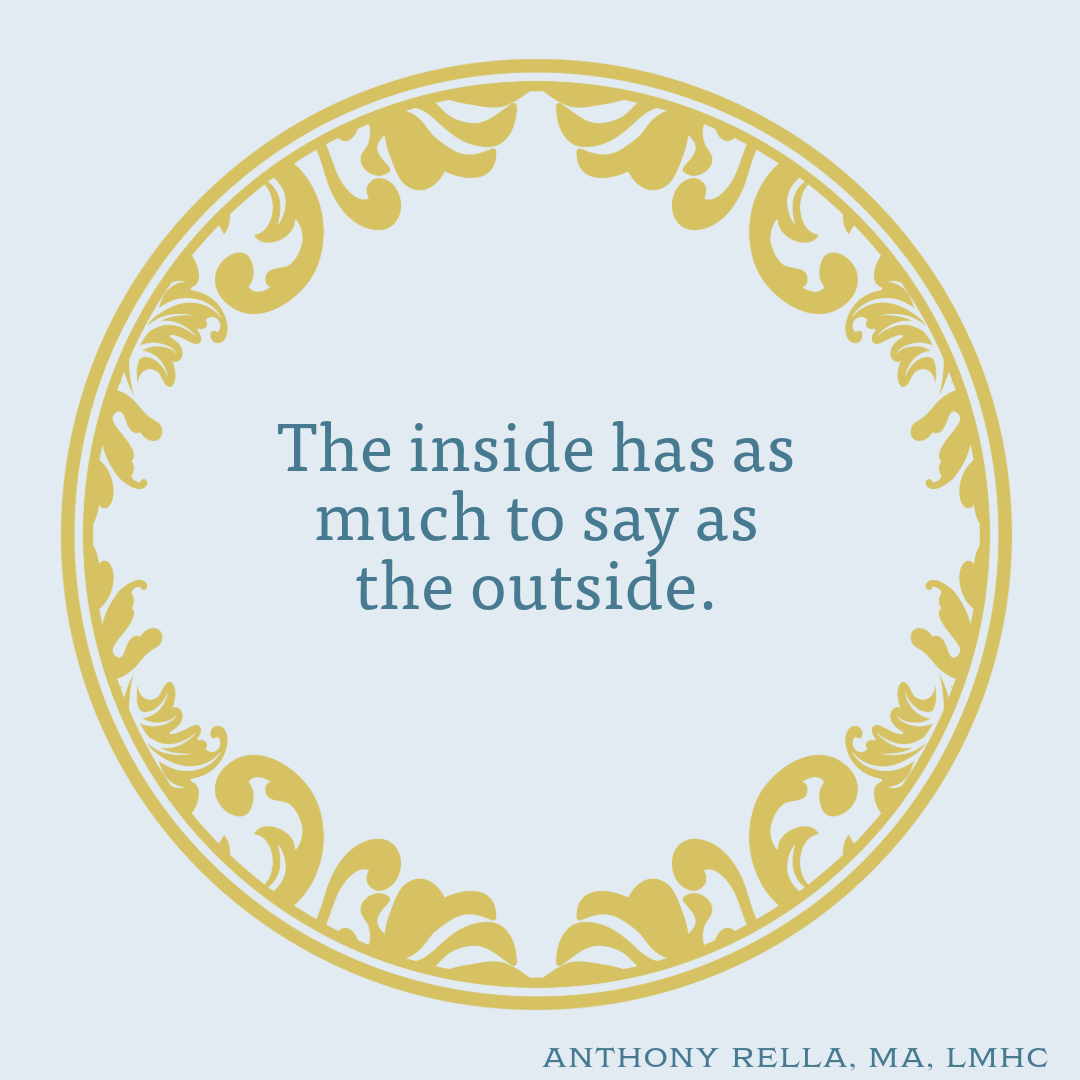Today we can see a moment of synthesis in what otherwise looks like a war. Perhaps this is the broader culture war or something more personal to you. This week our aggressive tendencies are rethinking issues of ego and self-expression while our harmonizing tendencies focus on the collective good, a notable contrast that could make us feel in a tug of war.
But today the intellect is seeing things in a different way, and for a moment could move past the extremism and scary facets of each side and see something earnest and beneficial to both. They are not truly in a war of dominance, they are exploring different facets of the same game, and if we didn’t feel the need to pick a side we could learn from each.
Perhaps you are surprised or intrigued by a current of similar feeling across vastly different apparent ideologies. This is a moment to be curious about it and see where else those polarities connect. Doing so is not the same as agreeing with everything that is said or done. It is about holding multiplicity so a true synthesis emerges.


